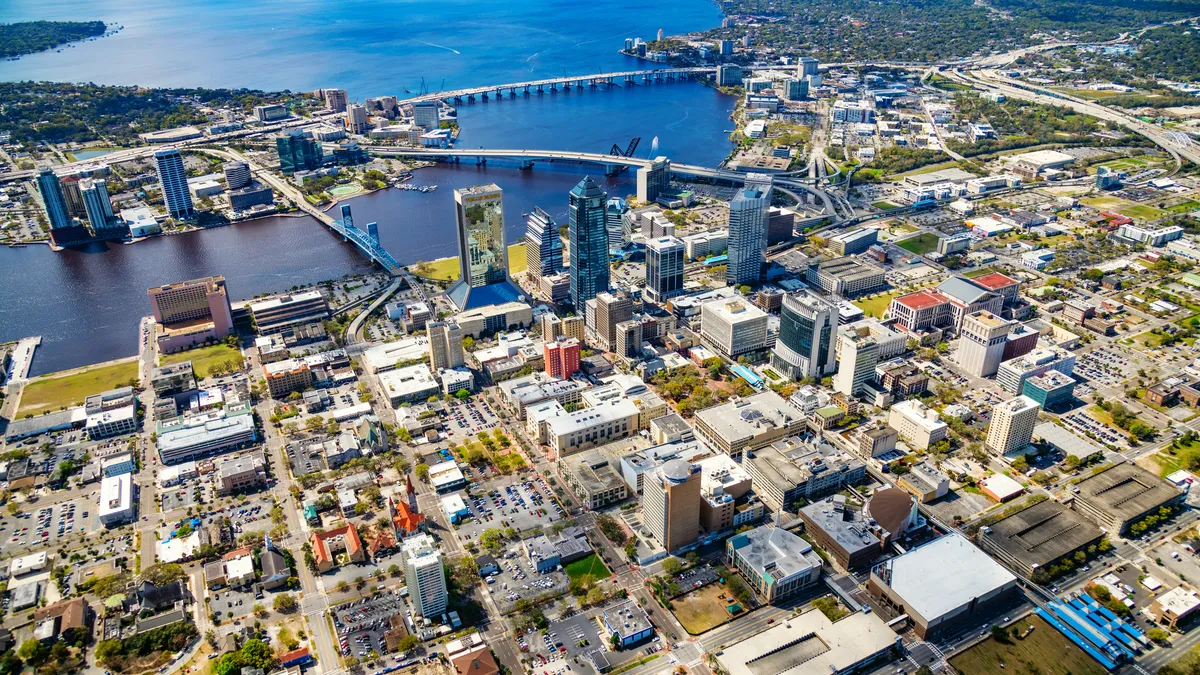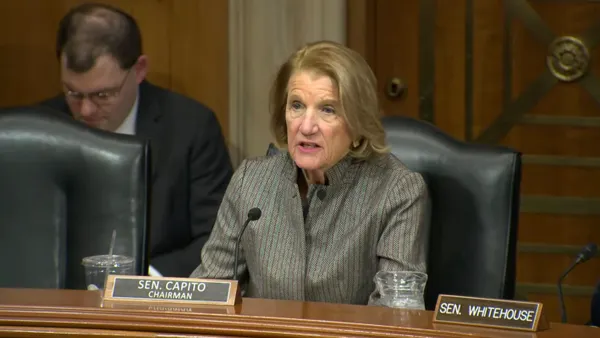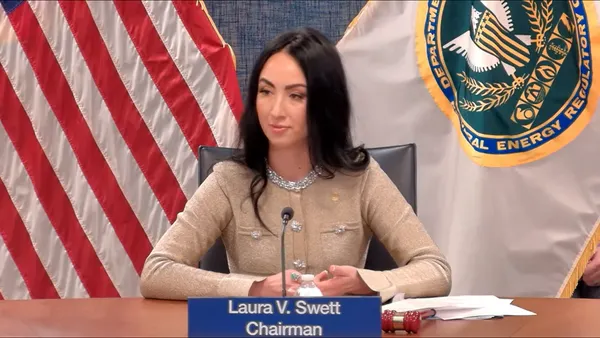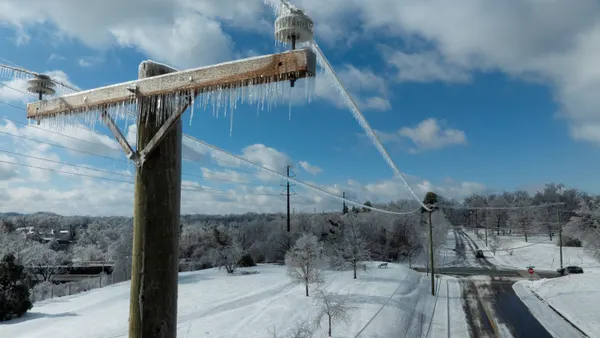JEA, the municipal utility for Jacksonville, Florida, plans to spend $1.57 billion to develop a 675-MW combined cycle gas plant, replacing an older unit that will retire in 2031.
“We have to be able to deliver reliable energy to everyone, all JEA customers. The risk is unacceptable if we punt combined cycle down the road. My personal view is that the risk isn’t worth it,” JEA Board Chair Joseph DiSalvo said in a statement.
The board unanimously approved the investment on Aug. 26. Consumer and environmental advocates say the plant could stick Jacksonville residents with increased rates and a reliance natural gas.
“At a time when cities across the country are proving solar and storage can deliver affordable, reliable power, JEA is locking us into 30 years of higher bills and climate pollution,” Sierra Club Senior Campaign Organizer Suzanne Sapp said in a statement.
In its announcement, JEA said it has recommended a combined cycle plant as a replacement for Northside Unit 3 several times in the past decade, including in its integrated resource plan in 2023. Unit 3 is almost five decades old.
JEA said it weighed developing the plant verus purchasing power through another utility, and found advantages to developing included maintaining full control over the plant’s dispatch and operations and an increase in local jobs. Owning the plant also yields the lowest long-term cost per megawatt-hour, the utility said.
But the Sierra Club noted that the new plant’s estimated price tag has tripled since it was first considered, from $553 million in 2019 to $1.57 billion today.
“The JEA Board dismissed a lower-cost power purchase agreement with Florida Power and Light, citing storm risks, while ignoring the bigger risks of fossil fuel volatility, climate impacts, and stranded asset costs,” the group said.
The new gas plant will be located at the site of the former St. Johns River Power Park, a retired coal plant.
“We are disappointed and deeply concerned that JEA has no plans to retire their existing coal facilities, is committing to fossil fuels for another 30 years and making our community and our river more vulnerable as a result,” said Lisa Rinaman, who heads up advocacy efforts at environmental steward group St. Johns Riverkeeper.















